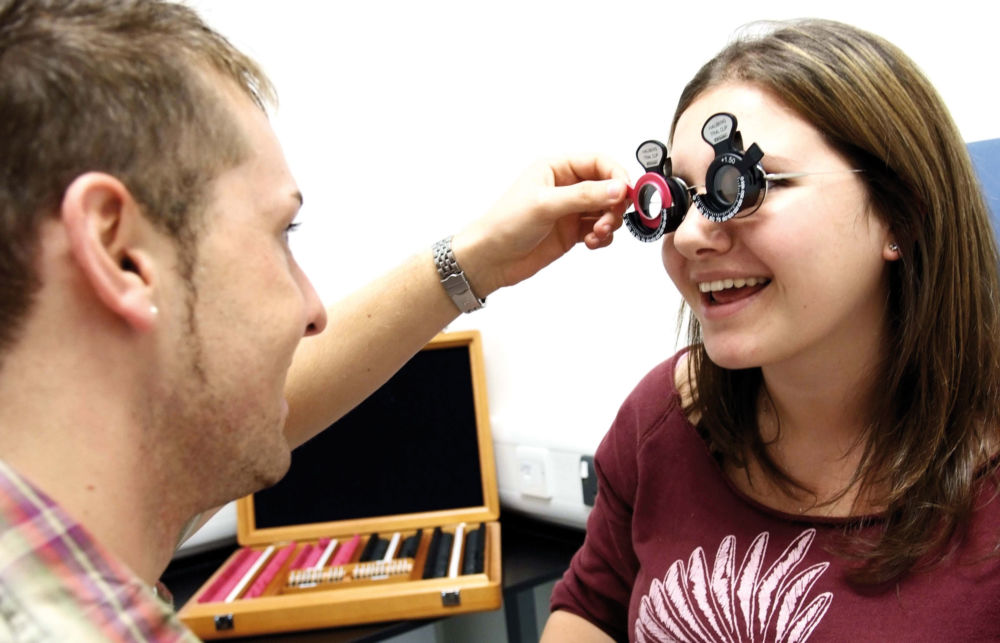Students studying to become orthoptists will be among those benefiting alongside nursing and other allied health students from a new £2 billion package of financial support from September, Public Health Minister Jo Churchill has announced today.
In December the Government announced that all new and continuing nursing, midwifery and many Allied Health students on pre-registration courses at English universities from September 2020 will receive a £5,000 annual maintenance grant, which they will not have to pay back.
Additional payments worth up to a total of £3,000 per academic year will be available for students in specialisms or regions struggling to recruit or to help students cover childcare costs.
Ministers have today confirmed that as part of this, an additional £1,000 a year will be available to prioritise shortage groups that are key to delivering the NHS Long Term Plan, including new students on courses for:
- Mental Health nursing
- Learning Disability nursing
- Radiography (Diagnostic and Therapeutic)
- Prosthetics and Orthotics
- Orthoptics and Podiatry
Minister for Public Health Jo Churchill said:
“From paramedics to physiotherapists, radiographers to speech and language therapists – our talented allied health professionals are the third largest workforce in the NHS and support people to live better lives.
As demand grows we need more of the best and brightest to join our NHS. I want those who would relish the job of saving people’s lives as a paramedic or diagnosing cancer as a radiographer to come forward to train, taking advantage of this fantastic new £5,000 support package.”
The funding is provided on top of existing support, including student loans and comes as part of the Government’s manifesto commitment to increase nurse numbers by 50,000 by 2025. It is expected to benefit around 100,000 pre-registration nursing, midwifery and allied health degree students every year in total.
The news comes in the same week the Health Secretary Matt Hancock introduced the NHS Long Term Plan Funding Bill to Parliament. The Bill enshrines in law an extra £33.9 billion every year by 2023/24 for the NHS to transform care and support NHS staff to deliver a world-class health service for patients.
NHS chief allied health professions officer, Suzanne Rastrick, said:
“Building the right workforce so we can open the beds and services our patients need, is not only about more nurses and doctors, but growing the numbers of Allied Health Professionals – the army of essential experts like occupational therapists, physios and radiographers on the frontline of NHS patient care – so it is absolutely right that they get the strongest possible backing from government to develop their career and support NHS patients.
“As we deliver the NHS Long Term Plan, we need anyone thinking about their next career move – young or old – to come and join our drive to recruit and build a first-class and diverse team of Allied Health Professionals delivering world-class care to our patients.”
Beverley Harden, AHP Lead, Health Education England
“The NHS needs a diverse and skilled workforce. Support to learners pursuing these careers is a powerful means to show the importance and value placed upon developing the numbers of NHS staff required, and to retain those staff already working in the service. This is a very positive plan that Health Education England fully endorses and will support applicants to see the wide range of vital, but often hidden, careers available to them.”
